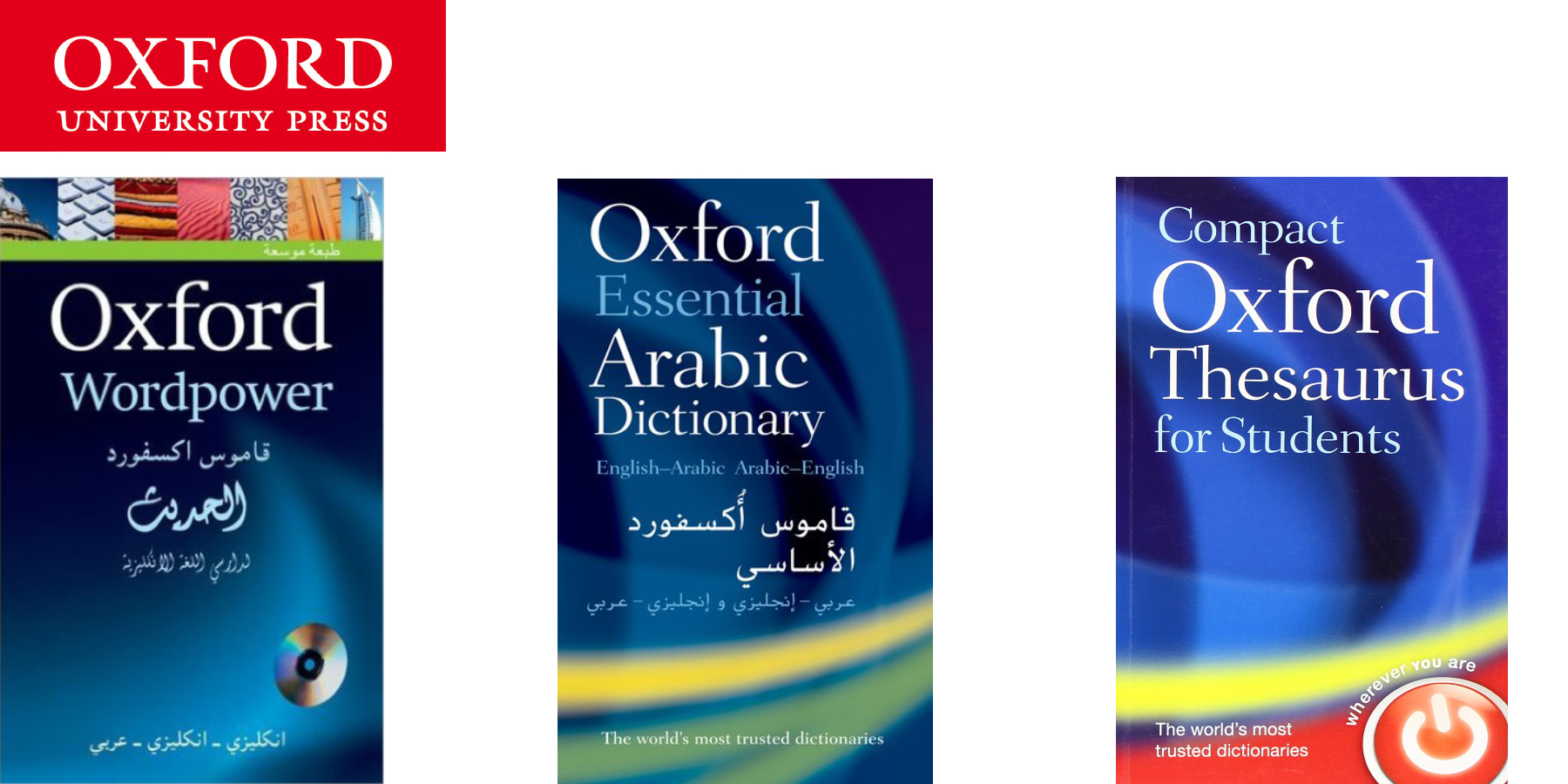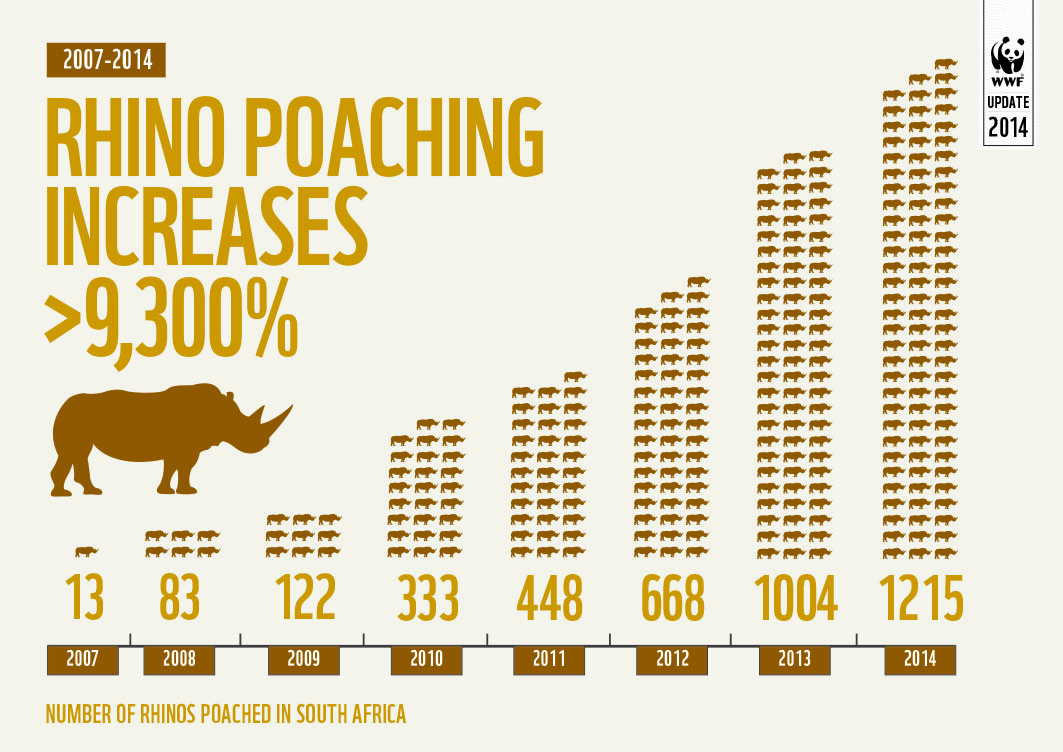
EAPAPAGlossaryGrammarVocabularyPresentation skills
EAP — English for Academic Purposes
To write a good academic-style essay, you must first understand exactly what the research problem or essay question requires of you. This means: (1) being able to clearly identify the ‘subject’ — ‘topic’ or ‘theme’ — of the essay (e.g., should you focus on explaining a contemporary transportation problem or, should you focus on the effects resulting from it?) and (2), being able to clearly identify the ‘instructional words’ — the style of essay and how the question should be addressed (e.g., is a argumentative or descriptive style required? — see the Glossary below).
This page discusses three ‘styles’ of academic essay:
Descriptive Cause/Effect Problem/Solution
There are however some general rules that apply to all academic writing contexts:
- To be able to communicate appropriately within academia »
- To be able to search effectively for online supporting material – ‘source texts’ »
- To be able to use a dictionary effectively and efficiently »
- To be able to identify relevant facts and figures and annotate source texts »
- To be able to cite/reference source texts appropriately and correctly »
- To be able to: paraphrase, evaluate, juxtapose and synthesise source texts »
While there are no “short-cuts,” it is worth remembering the “Five Cs” every time you write in an academic context. They are: (1) to be Concise, keep the sentences and paragraphs short and succinct (2), to be Coherent, it is important that the information you provide is both clear at the sentence and paragraph level (3), to be Compelling, the essay you write needs to be convincing and persuasive this includes style of writing and vocabulary choice (4), to be Civilized, use conventional academic tone and vocabulary and (5), to be Correct, follow the key conventions of academic writing particularly grammar structure.
…
^ Email communications
Emails sent in an academic/workplace context should be: (1) carefully worded to avoid any misunderstandings and (2), clear and concise with no unnecessary information.
…
^ Online research skills
As academic writing is based upon background reading, an important skills is to be able to locate and store relevant readings (“source materials”).
…
^ Dictionary skills
Dictionaries are far more than translation tools. And yes, online tools are great but nothing is better than a physical dictionary. Dictionaries such as “Oxford Wordpower” are highly recommended as they provide clear English definitions and Arabic translations as well as examples and associated words. This particular dictionary also highlights the “3,000 most important and useful words to know in English.”

Dictionary skills & worksheets
…
^ “Tools of the Trade”
Annotation skills It is important to use highlighter pens when annotating source texts. Using a number of colours is advantageous because one can be used for say ‘background information’, another for ’causes’ and another for ‘solutions’.

Headphones It is important to have headphones so that you can listen to instructional videos at your own pace. This enables you to replay sections of the video and focus on the pronunciation of key phrases, terms and words.

…
^ APA — citing/referencing sources
With APA, there are “in-text” citations and “post-text” references. So, if you use information from a source like Steven Pinker’s “The Language Instinct”, you would cite it in the text like: (Pinker, 1994) or Pinker (1994) or Pinker (1994, p. 75) and reference it at the end like: Pinker, S. (1994). The Language Instinct: How the Mind Creates Language. London: Penguin.
(SURNAME, YYYY) this is the default option:
1. … was necessary (Smith, 1988).
2. … was the result (Adams & Almansouri, 2013).
(ORGANISATION, YYYY) use if there are no author details:
1. … was limited (UNDP, 1988).
2. …. more or less collapsed (IMF, 2013).
(TITLE, YYYY) use if source has no author/organisation details:
1. … complex (Liquid Gold, 1988).
2. … not far fetched (Trade Imbalances, 2013).
(SURNAME, ??) if source has no date use n.d. “No Date”:
1. … in the lead up to WWI (Jones & Marsden, n.d.).
2. … in retrospect (World bank, n.d.).
…
^ DESCRIPTIVE ESSAYS
Descriptive essays provide explanations as to how and why something happened or is happening. They typically include explanations and examples taken from source materials.
Descriptive essay: Petra [البتراء]

Introducing Petra
Amazingly Interesting Facts About Petra
Petra; Jordanian Tourism Board
Petra; a basic overview
Petra; an in-depth documentary
Descriptive essay: Adam Smith
Adam Smith; political theory (6:41)
Remember: press “CC” to turn “Subtitles” on
…
^ CAUSE/EFFECT ESSAYS
The language of cause and effect (أسباب و نتائج) is important in academic writing because it helps answer the question: Why? A cause is what makes something happen, and an effect is what happens because of the cause. Therefore, a cause and effect essay typically begins by explaining the problem’s causes and then focuses on the effects that result from that problem.
The 2008 Financial Crisis (Cause & Effect)

The Financial Crisis, five years on (3:20)
Subject-relevant vocabulary
Video comprehension tasks
Texts on the 2008 Financial Crisis
Notes and Outline Sheet
Paragraph Practice Paper
MODEL: Outline & Paragraph...
Cause/Effect essay: Coral Reef Destruction


Coral Reef background information and essay practice materials
Cause/Effect essay: Deforestation


Tropical Rainforest background information and essay practice materials
…
^ PROBLEM/SOLUTION-EVALUATION ESSAYS
In problem and solution essays you will need to describe the problem related to a particular topic and then suggest possible solutions to this problem. The solutions you provide will need to be critically evaluated.
Problem/Solution essay: E-Waste

Background reading: the problem of e-waste
1. What is e-waste and why does it matter (3:50)
2. Ghana’s e-dump (2:34)
3. The Story of Electrics (7:47)
Problem/Solution essay: Rhinoceros Poaching


Dehorning a Rhino (1:08)
Stop Wildlife Crime: Rhinos (5:41)
01 Rhino-Poaching–Texts.pdf
02 Rhino-Poaching–Questions.pdf
03 Rhino-Poaching–Outline.pdf
04 Rhino-Poaching–Outline-[Model].pdf
05 Rhino-Poaching–Essay-[Model].pdf
Problem/Solution essay: Childhood Obesity

Why are we all getting fat? (2:44)
01 Childhood-Obesity–Pre-reading.pdf
02 Childhood-Obesity–Texts.pdf
03 Childhood-Obesity–Outline.pdf
04 Childhood-Obesity–Model-Outline.pdf
05 Childhood-Obesity–Model-Essay.pdf
…
^ VOCABULARY
While there are published lists of academic vocabulary — words/phrases that are statistically more likely to be used in academic texts — at the basic level, the vocabulary you use should be formal (i.e., not informal) and gender-neutral.
What does it mean to “know” a word?
- To be able to spell and pronounce it correctly;
- To know its meaning/s (‘definition/s’);
- To know its grammatical form/s (e.g., adjective, noun or verb);
- To know its its synonyms and antonyms (related and opposite words), if any;
- To be aware of its usage in collocations, if any;
- To be able to use it in an appropriate context.
| Word | Syllables | Translation &c. |
| Entrepreneur | en•tre•pre•neur |
مقاول [noun] a person who organises and manages any enterprise, especially a business, usually with considerable initiative and risk. — The BBC has a range of services for entrepreneurs and small businesses. Synonyms: businessman/businesswoman. |
| Bond | bond |
سند مالي [noun] An agreement typically with legally binding force. Synonyms: guarantee, promise, pledge. |
| Deadline | dead•line |
الموعد النهائي [noun] The latest time or date by which something should be completed. — The deadline for the homework is Friday 13th February. Synonyms: finishing date, cut-off point. |
| Conclusion | con•clu•sion |
استنتاج [noun] Verb (used with Object): con•clude The final part of e.g. an essay; a book or a film. — In conclusion, this essay focused on the issue of diabetes… — The teacher concluded the lesson by showing us a film. |
| Advantage | ad•van•tage |
ميزة [noun] Antonym: dis•ad•van•tage — The main advantage of iPads is that they save paper. — The main disadvantage of iPads is that they are expensive. |
| Approximately | ap•prox•i•mate•ly |
ما يقرب من [adverb] Adjective: approximate | Similar to: a•round; a•bout (حوالي) — There are approximately 800,000 Emiratis. — The approximate number of Emiratis is 800,000. |
| Cause | cause |
سبب [noun] Verb: cause | Antonyms: consequence / effect / result — The car accident caused a traffic jam. |
| Effect | ef•fect |
تأثير [noun] Adjective: effective | Antonyms: cause / reason — The most negative effect of too much sun is skin cancer. |
| Describe | de•scribe |
وصف [verb] Noun: de•scrip•tion | Adjective: de•scrip•tive — In this report, I will describe each stage in detail. |
| Discuss | dis•cuss |
بحث [verb (used with object)] noun: dis•cus•sion To consider/debate: different opinions on a subject. — In this essay I will discuss the issue of junk food in schools. — The discussion in class today was about global warming. |
| Detail | de•tail |
فصل [noun] To focus on one thing and provide information about it. — In this essay I will look in detail at the issue of… |
| For instance | for • in•stance |
مثلا Has the same meaning as “for example”. — I like most fruit for instance, apricots, apples and raspberries. |
| Diagram | di•a•gram |
رسم بياني [noun] — The diagram shows the process of desalinating water. |
| Essay | ess•ay | مقالة [noun] — In this essay, I will argue that the main effects of obesity are… |
| Report | re•port |
بيان [noun] — In this report I will compare and contrast between… |
| Contrast | con•trast |
تباين [noun] Adverb: con•trast•a•bly | Adjective: con•trast•a•ble —Where two things are different. — In this report I will compare and contrast these two smartphones. |
| Double | dou•ble |
مضاعف [noun] Where something is twice as big; two times larger. — Al Ain mall has double the number of book stores compared to Bawadi mall. |
| Overall | o•ver•all |
شامل [adverb] Describing the general trend. — Overall, the differences are greater than the similarities. |
| Whereas | where•as |
حيث أن [conjunction] Used for contrasting two things (think: “but”). — The USA is large in size whereas, Bahrain is small. |
| Necessary | nec•es•sar•y |
ضروري [adjective] Something that is essential, indispensable, or required. — Water is necessary for life as we know it. |
| Consequence | con•se•quence |
نتيجة [noun] Adverb: con•se•quent•ly Another word for effect/result. — The exam was easy, as a consequence, most students passed. — It rained consequently, I went outside. |
| Negative | neg•a•tive |
سلبي [adjective] Used for describing a disadvantage (think: “bad”). — A negative, consequence of watching too much TV might be eye ache. |
| Harmful | harm•ful |
مضر [adjective] Noun/Verb: harm Used to describe a negative effect. — Eating too much fast food can have many harmful consequences. |
| Beneficial | ben•e•fi•cial |
مفيد [adjective] Noun: ben•e•fit Used to describe a positive effect. — Eating lots of carrots may benefit your health. |
| Factor | fac•tor |
عامل [noun] Noun: fac•tor Used to describe a point. — One factor that contributes to obesity is eating too much junk food. |
| Moreover | more•o•ver |
علاوة على ذلك [adverb] In addition to what has been said; also; furthermore. — There are many examples. Firstly, … Moreover, … |
| However | how•ev•er |
لكن [adverb] Has the same meaning as “but”. Nevertheless; yet; on the other hand. — Money is important however, happiness is more important. |
| Furthermore | fur•ther•more |
علاوة على ذلك [adverb] In addition to what has been said; also; moreover. — There are many examples. Firstly, … Furthermore, … |
| Therefore | there•fore |
ول / بسبب هذا / هكذا [adverb] Has the same meaning as “so” and “because of this…” — I am tired therefore, I am going to bed. |
Aquascript’s full list of academic vocabulary and phrases
…
^ GLOSSARY
| TERM | DEFINED |
| Analyse | To analyse a point of view, you would need to look at it in depth and reference supporting arguments and evidence for and against it as well as how these might be linked to each other. Such analysis typically forms part of advantage/disadvantage, cause/effect and problem/solution style essays. |
| Assess | Weigh up to what extent something is true. Persuade the reader of your argument by citing relevant research but also remember to point out any flaws and counter-arguments as well. Conclude by stating clearly how far you are in agreement with the original proposition. |
| Clarify | Literally make something clearer and, where appropriate, simplify it. This could involve, for example, explaining in simpler terms a complex process or theory, or the relationship between two variables. |
| Compare | Identify the similarities and differences between two or more phenomena. Say if any of the shared similarities or differences are more important than others. ‘Compare’ and ‘contrast’ will often feature together in an essay question. |
| Consider | Say what you think and have observed about something. Back up your comments using appropriate evidence from external sources, or your own experience. Include any views which are contrary to your own and how they relate to what you originally thought. |
| Contrast | Similar to compare but concentrate on the dissimilarities between two or more phenomena, or what sets them apart. Point out any differences which are particularly significant. |
| Critically evaluate | To give your opinion on the extent to which a statement is true. Typically you would provide evidence taken from a wide range of sources which both agree with and contradict an argument. |
| Define | To clearly set out the meaning of something. This may include highlighting any problems posed with the definition and the providing of alternative definitions (where they exist). |
| Demonstrate | Show how, with examples to illustrate. |
| Describe | To provide a detailed explanation as to how and why something happens or has happened. This is the key to a descriptive-style essay. |
| Discuss | This is a written debate where you are using your skill at reasoning, backed up by carefully selected evidence to make a case for and against an argument. This can be applied to advantage/disadvantage, cause/effect and problem/solution style essays. It is important to clearly provide your overall opinion (typically at the end in the conclusion paragraph). |
| Elaborate | To provide more information and details on something or someone. |
| Examine | Look in close detail and establish the key facts and important issues surrounding a topic. This should be a critical evaluation and you should try and offer reasons as to why the facts and issues you have identified are the most important, as well as explain the different ways they could be construed. |
| Explain | Clarify a topic by giving a detailed account as to how and why it occurs, or what is meant by the use of this term in a particular context. Your writing should have clarity so that complex procedures or sequences of events can be understood, defining key terms where appropriate, and be substantiated with relevant research. [[‘Illustrate’ has very similar meaning]] |
| Explore | Adopt a questioning approach and consider a variety of different viewpoints. Where possible reconcile opposing views by presenting a final line of argument. |
| Identify | Determine what are the key points to be addressed and the importance and/or implications of thee points. |
| Interpret | Demonstrate your understanding of an issue or topic. This can be the use of particular terminology by an author, or what the findings from a piece of research suggest to you. In the latter instance, comment on any significant patterns and causal relationships. |
| Justify | Make a case by providing a body of evidence to support your ideas and points of view. In order to present a balanced argument, consider opinions which may run contrary to your own before stating your conclusion. |
| Outline | Set out the main points placing emphasis on global structures and interrelationships rather than small specific details. |
| Review | Look thoroughly into a subject. This should be a critical assessment and not merely descriptive. |
| State | To specify in clear terms the key aspects pertaining to a topic without being overly descriptive. Refer to evidence and examples where appropriate. |
| Summarise | Give a condensed version drawing out the main facts and omit superfluous information. Brief or general examples will normally suffice for this kind of answer. |
| To what extent | This type of question requires a detailed assessment of the evidence in presenting your argument. Explore alternative explanations where they exist. |
…
…




You must be logged in to post a comment.